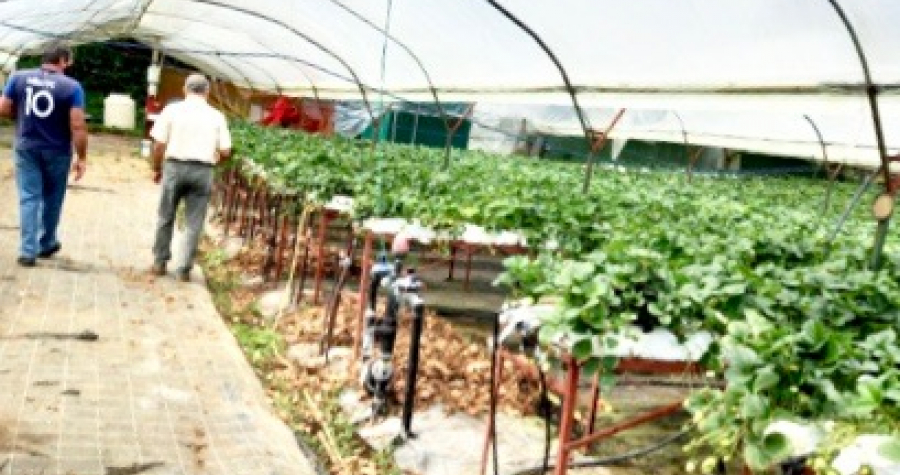836-C2-074 Strategy for the efficient and safe use of water for agropecuary producers in the upper part of the Poas River micro-basin, as an instrument to face variability and climate change.

Objetivo:
Descripción:
The Poas River micro-basin covers a zone that has suffered many changes of how its ground is used, specially due to urban expansion and the development of production activities and services. Many of said activities cause different environmental alterations that have a direct effect on the hydric resource and have a negative effect on the economic and social development of the zone.
Along with that, the effect of climate change and climate variability put the availability of water to risk, not only for the sustainability of the ecosystem itself, but also for the population supply and, importantly to this research, for the development of economical activities. Said circumstances make it necessary that there be a strategy for efficient and safe use of water with production purposes, so that it works as an instrument to confront climate variability, improve the conditions of the territory, and that works as a model for other basins and micro-basins in the country. For this, the involvement of local parties* is fundamental.
To that effect, the project plans to contribute with the efficient and safe use of water for agropecuary producers in the Poas River micro-basin, the upper part, with the goal of achieving a better adaptation to production practices for variability and climate change.
To achieve this, two main goals are planned to be met:
1. The establishment, along with local parties*, of a strategy that allows for short, medium, and long term efficient and safe use of the water that is currently being used for production.
2. The making of competences in the making of alternative technologies, such as biogardens, rainwater collection systems, and water saving systems, that will provide local producers with better use of water.
(*) Social, political, and economical parties that can actively take part in the development process of the strategy. In this case, agropecuary producers, the GIRH Comission, communal associations, Municipality of Poas, the Sistema Nacional de Áreas de Conservación (SINAC-ACCVC), the Volcán Poás National Park (PNVP), MINAE, Dirección de Aguas, Ministerio de Agricultura y Ganadería, SENARA, and the Acueductos y Alcantarillados National Institute (AyA)
Vigencia:


